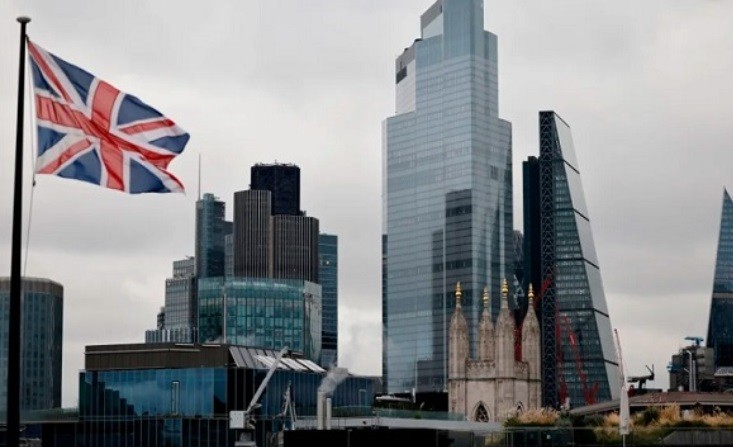 |
| In the UK's 2024 election year, experts predict the UK economy will be 'gloomy' and uneven. (Source: AFP) |
The majority of the 90 respondents to the FT ’s annual survey, led by leading UK-based economists, said that despite falling inflation, voters would feel their living standards had not improved much ahead of a general election expected this year.
"Pessimistic color"
With prices still much higher than before inflation picked up, a partial pay rise in 2024 would be like swapping “black gloom” for “grey gloom”, said Professor Andrew Oswald at the University of Warwick.
Low-wage earners will benefit from the minimum wage hike and pensioners will still enjoy good savings, while renters and the estimated 1.5 million to 2 million households looking to renew their mortgages will face much higher costs.
“The cost of living stress that has been widely felt over the past 18 months will give way to a landscape where some households are recovering, while others are struggling,” said Matt Whittaker, head of charity Pro Bono Economics.
Most survey respondents expect economic growth to stagnate or hit 0.5% at most in 2024. But the worst problem of 2023 – inflation – will be “in the rearview mirror”, according to Paul Dales of consultancy Capital Economics.
Chancellor Jeremy Hunt has predicted that 2024 will be the year that “removes our pessimism and our declining confidence in the UK economy”. His national insurance tax cuts come into effect this month and Hunt is expected to announce further tax cuts in the March Budget, hoping voters will feel the economy is recovering when they go to the polls.
Forecasts for the UK economy in recent years have been pessimistic, including one sent to the FT early last year that predicted the country would suffer the worst recession in the Group of Seven (G7) by 2023, rather than the near-stagnation it is experiencing now.
In the FT 2024 survey, economists warned there was not enough time left to fully reverse the damage to living standards sustained in recent years, even if Chancellor Rishi Sunak delayed the election until the last possible date in January 2025.
“Real wages will rise, but so will unemployment, the tax burden, rents and average mortgage rates,” said Michael Saunders, a former Bank of England rate setter now at Oxford Economics, a consultancy. He also said the situation would not improve in the run-up to the election.
“Living standards for most people will stagnate for the rest of the parliament,” said Charlie Bean, the former chief economist at the BoE. Although the FT survey ended before the latest encouraging official data, most respondents thought inflation would fall to “reasonable” or “acceptable” levels by the end of 2024 and that the BoE’s 2% target would then be “within reach” although not yet achieved.
Respondents expect the central bank to cut interest rates only gradually from the middle of this year. Markets currently expect the BoE to start cutting the bank rate in the spring from 5.25% to 3.75% by the end of the year.
DeAnne Julius, a former central bank policymaker, said relatively low unemployment could keep core inflation “well anchored,” while energy prices remain “skyrocketing” due to conflicts in Ukraine and the Middle East.
Jessica Hinds, director at Fitch Ratings, said the BoE “will certainly not be comfortable in 2024.” Bronwyn Curtis, director at the Office for Budget Responsibility, said that despite lower inflation, people would feel worse until they saw a sustained improvement in disposable income. “That’s not going to happen between now and the election.”
Some respondents said individual wealth would change more next year than in 2023. Those who own their entire home would be the winners, along with lower-paid workers and retirees with significant savings.
But James Smith, research director at the Resolution Foundation think tank, warned of “housing cost inequality” with renters signing new leases and many households renewing fixed-rate mortgages.
Benefit recipients will also suffer when the state support scheme for energy bills ends in March. While cuts to national insurance will help some employees, the overall tax burden will still increase due to the income tax threshold being frozen.
In the UK, most survey respondents said unemployment would rise next year from 4.2% to around 4.5-5% by the end of 2024.
"The worst could still happen"
For many in less secure sectors, “the worst is yet to come,” said Alfie Stirling, chief economist at the Joseph Rowntree Foundation, as higher interest rates force firms to cut jobs. Many economists believe higher public investment will be key to boosting Britain’s long-term economic growth – even if that is unlikely to happen until a new government is in place.
“It’s not just about incomes and inflation, it’s about people’s experiences getting worse as public services collapse,” said Diana Coyle, professor of public policy at the University of Cambridge. “The bill for chronic underinvestment in everything from infrastructure, health and education to private business is coming due,” she added.
Many respondents doubted whether the UK economy would have any new impetus to boost its worrying growth outlook – at least until the election brings greater political certainty to underpin investment.
Their forecast of best-case growth of 0.5% in the short term would be no worse than the expected growth rate in struggling European Union (EU) economies, but would leave Britain trailing the US.
The UK economy will remain “on pause”, said Jack Mean, chief UK economist at Barclays. More worryingly, UK growth has been weak for years. Economists see little chance of a recovery without a major policy reset.
“Productivity growth is close to zero. New thinking is needed to address that,” said Erik Britton, chief executive of Fathom Consulting. Meanwhile, Lydia Prieg, head of economics at the New Economic Foundation, said the UK economy was “in an economic rut” and “we are all poorer for it.”
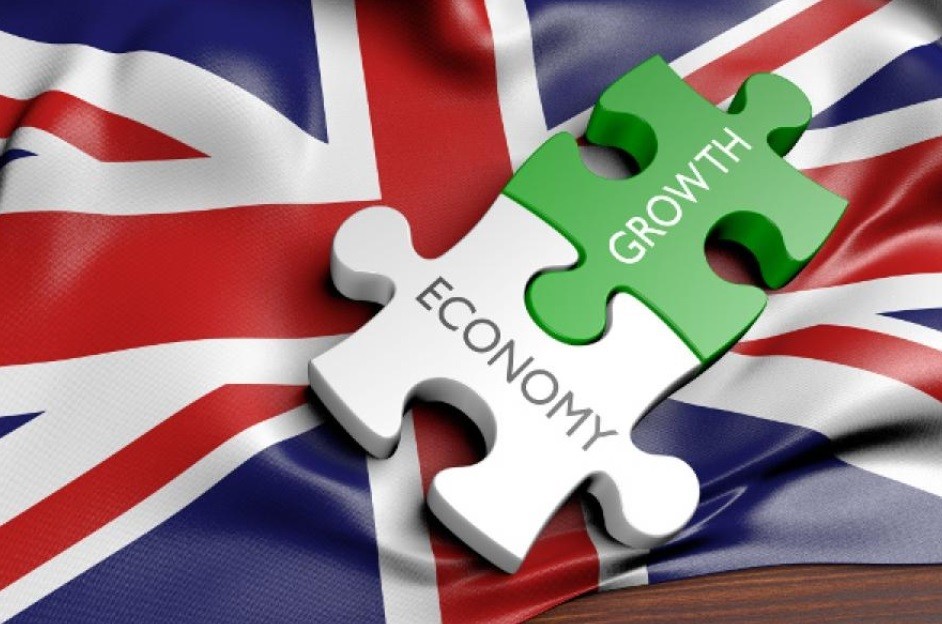 |
| Many respondents doubted whether the UK economy would have any new impetus to boost its worrying growth outlook. (Source: odinland.vn) |
Asked what policy changes after the next election could have the biggest impact on restoring long-term growth, the majority of respondents called for planning reform, which Professor Ray Barrell at Brunel University said could boost output by 1% a year.
The larger numbers suggest that the top priority for any new government must be a strong and sustained increase in public investment, changing the government's self-imposed fiscal rules if necessary, in addition to pushing businesses to increase their own capital disbursements.
“Not only is UK public investment low, it is also much more volatile than our G7 counterparts,” said Jumana Saleheen, chief European economist at Vanguard. She added that a “famine” of public sector projects had created uncertainty and also discouraged investment in the private sector.
Britain needs public investment of 3.5% of gross domestic product (GDP), the average of countries in the richer group of countries in the Organisation for Economic Co-operation and Development (OECD), “to create public infrastructure capable of supporting growth,” said Professor Francis Breedon at Queen Mary University of London.
This push could include investment in human capital – health, social care, education and skills – as well as clean and carbon-neutral energy, and physical infrastructure such as transport.
But no one surveyed thought this was likely in the tense atmosphere of an election year, with political uncertainty likely to weigh on the economy until a new government is formed.
“The country needs political and economic stability. Since 2010, we have had five different prime ministers and seven different finance ministers. In that context, how can business investment develop?” said Costas Milas, professor of finance at the University of Liverpool.
(according to Financial Times)
Source


![[Photo] Looking back at the impressive moments of the Vietnamese rescue team in Myanmar](https://vstatic.vietnam.vn/vietnam/resource/IMAGE/2025/4/11/5623ca902a934e19b604c718265249d0)



![[Photo] "Beauties" participate in the parade rehearsal at Bien Hoa airport](https://vstatic.vietnam.vn/vietnam/resource/IMAGE/2025/4/11/155502af3384431e918de0e2e585d13a)







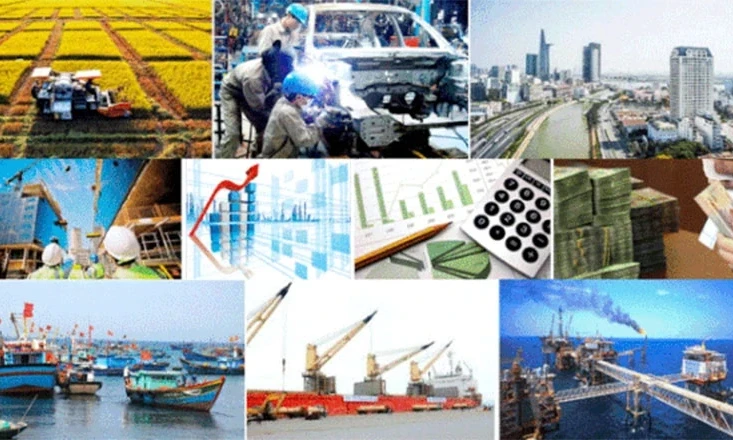
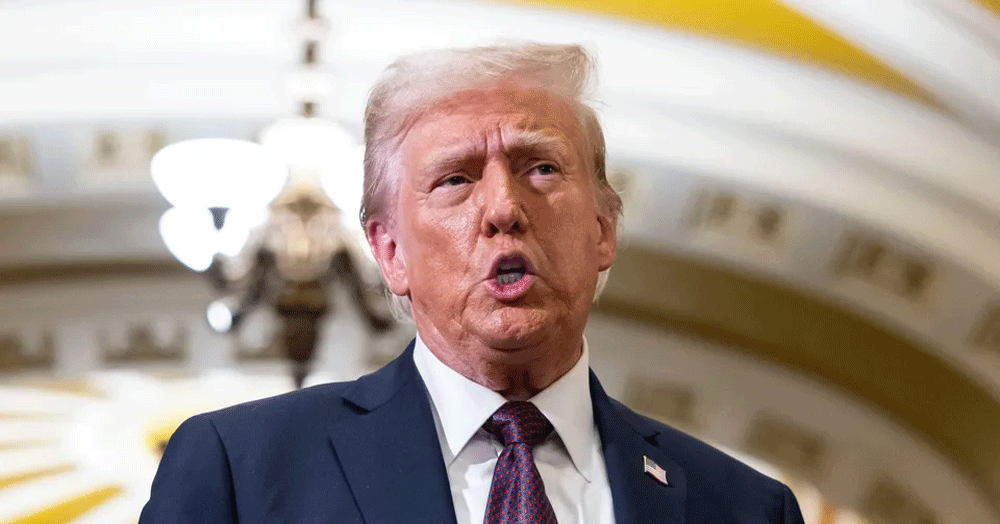

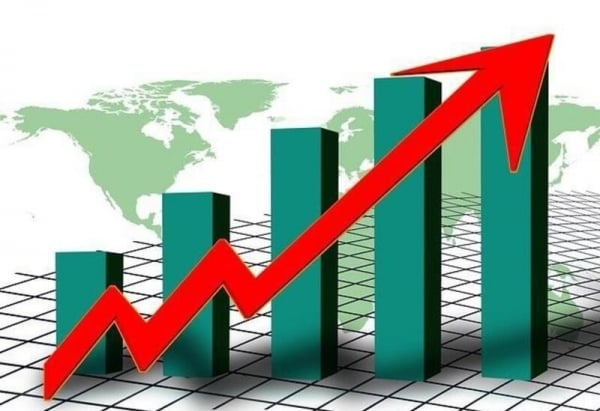



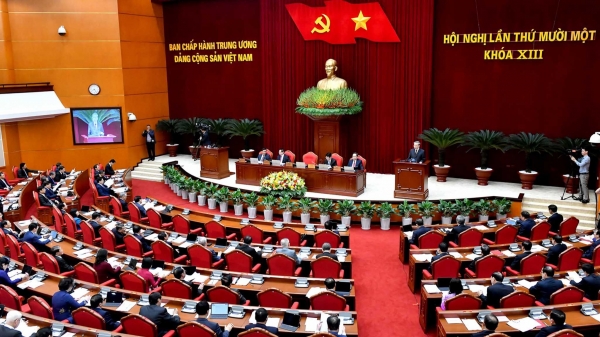
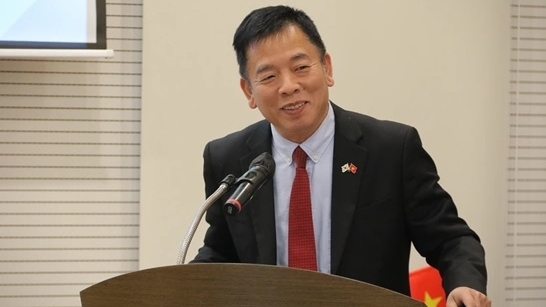





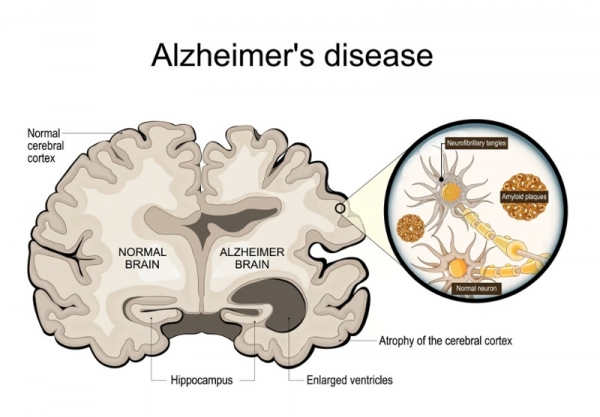


![[Photo] Summary of parade practice in preparation for the April 30th celebration](https://vstatic.vietnam.vn/vietnam/resource/IMAGE/2025/4/11/78cfee0f2cc045b387ff1a4362b5950f)



























































Comment (0)